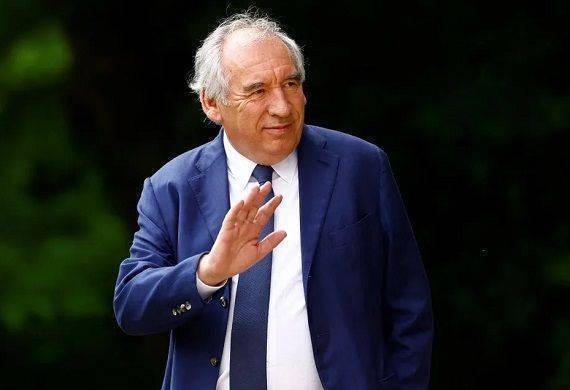French Political Crisis Worsens as Parliament Ousts Prime Minister
By Global Leaders Insights Team | Sep 09, 2025

France’s government took a major hit on Monday when parliament voted to remove Prime Minister Francois Bayrou, plunging the country deeper into political turmoil.
The no-confidence vote, with 364 lawmakers opposing Bayrou and only 194 supporting him, brought down his minority government. This came as he tried to push through a plan to tackle France’s growing national debt.
The vote, needing 280 out of 558 votes cast to pass, was sparked by Bayrou’s effort to win support for a budget aimed at reducing a deficit nearly twice the European Union’s 3% limit and addressing a debt that’s reached 114% of the economy.
- France Faces Political Turmoil as Parliament Ousts Prime Minister Francois Bayrou
- Macron Under Pressure After No-Confidence Vote Deepens France’s Debt and Leadership Crisis
- French Government Collapse Sparks Uncertainty Ahead of EU Deficit Deadlines and Credit Review
But opposition parties weren’t on board with his plan to save 44 billion euros ($51.51 billion) in 2025. Far-right leader Marine Le Pen called the government a “shadow” of itself and pushed for a snap election, while Jean-Luc Melenchon, from the far-left France Unbowed, demanded President Emmanuel Macron step down.
Macron, under pressure to call new elections, will instead name a new prime minister—his fifth in less than two years—in the coming days, according to his office. Bayrou, set to resign on Tuesday, warned lawmakers before the vote, "Reality will remain relentless: expenses will rise, and the debt burden will grow heavier."
The next government’s biggest challenge will be passing a budget in a sharply divided parliament. France’s high deficit has raised eyebrows across the EU, and financial markets are on edge as Fitch Ratings reviews France’s credit rating this Friday, with Moody’s and S&P Global to follow. A downgrade could make borrowing more expensive, worsening the debt problem.
This political chaos could weaken Macron’s influence in Europe, especially with tensions over U.S. trade and security and the war in Ukraine. The next prime minister might come from Macron’s centrist group, the conservatives, a moderate socialist, or even a non-political expert, but none seem likely to secure a stable majority. Meanwhile, public frustration is growing, with protests planned by the “Let’s Block Everything” movement and trade unions.
Also Read: Britten-Norman Appoints Ben Smith as Head of Aftermarket
As France wrestles with its budget and leadership crisis, uncertainty looms, and markets expect more challenges ahead.


